10:00am
Q-College
Suite 303 – 771 Vernon Ave, Victoria, BC
 The Jupyter Notebook is an open-source web application that allows you to create and share documents that contain live code, equations, visualizations and narrative text.
The Jupyter Notebook is an open-source web application that allows you to create and share documents that contain live code, equations, visualizations and narrative text.
With the success of data science and big data analytics in the last decade, Python has emerged as a major language for data analytics. In 2014, Project Jupyter started as interactive, browser-based platform for data analysis and visualization in Python. Today, Jupyter is a widely adopted framework in industry and academia and has spawned many further applications. I will introduce the Jupyter Universe and discuss Jupyter’s advantages and its shortcomings. Together we will walk through a few of its various capabilities and extensions with Jupyter notebooks available at https://github.com/chritter/Talks/tree/master/VicPiMakers.
Finally I will discuss and demonstrate the rising star of the Jupyter project, Jupyter Lab.
Also, see notes here: http://vicpimakers.ca/tutorials/python-tutorial/the-jupyter-notebook/
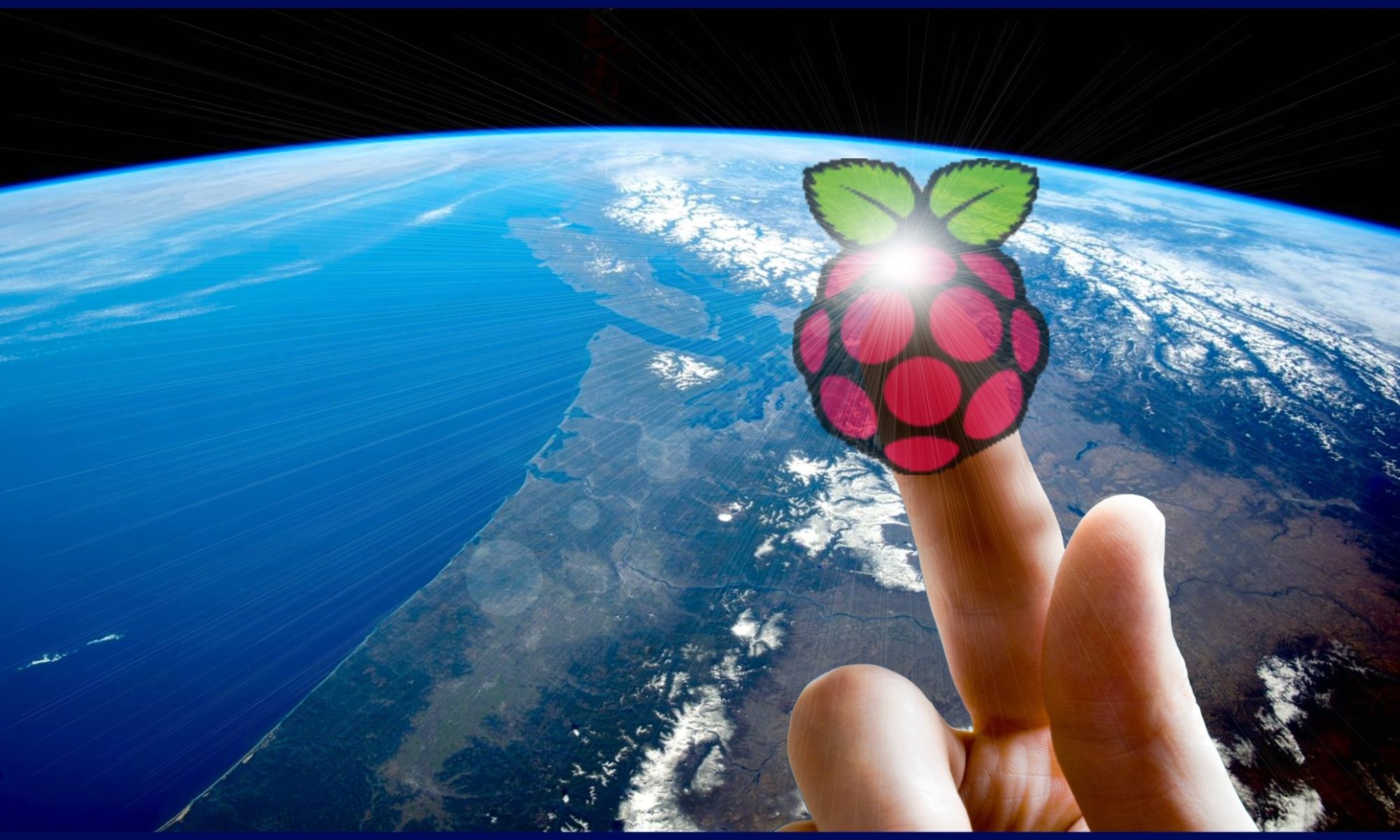

 Two views of Statistical Programming. Python using Panda & PyNum libraries for statistical computing. And a following meeting, (28 April) with R a programming language and free software environment for statistical computing and graphics that is supported by the R FoundationTwo views of Statistical Programming.
Two views of Statistical Programming. Python using Panda & PyNum libraries for statistical computing. And a following meeting, (28 April) with R a programming language and free software environment for statistical computing and graphics that is supported by the R FoundationTwo views of Statistical Programming. 10:00am
10:00am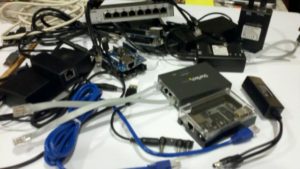 Discover the advantages of Power of Ethernet (PoE)! PoE is a technology that allows one to only run one cable to a distant device, just an ethernet cable. The distant device not only receives network connectivity, but also power from the single cable. This is good for small low power devices such as ESP8266 (embedded controller) boards. Hosted by Mark G. RSVP on
Discover the advantages of Power of Ethernet (PoE)! PoE is a technology that allows one to only run one cable to a distant device, just an ethernet cable. The distant device not only receives network connectivity, but also power from the single cable. This is good for small low power devices such as ESP8266 (embedded controller) boards. Hosted by Mark G. RSVP on 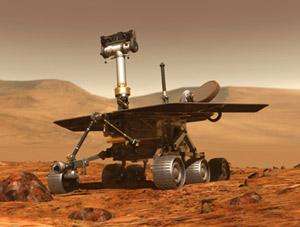 Show and Tell your Pi
Show and Tell your Pi 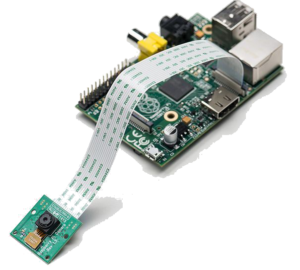 Andrew will share with us his trials and testing with IP -based Cameras, and integration with the Raspberry Pi.
Andrew will share with us his trials and testing with IP -based Cameras, and integration with the Raspberry Pi. Why have a personal webserver? Easy distribution of files.
Why have a personal webserver? Easy distribution of files. A presentation on creating a house monitoring device, with sensors, reporting via cell phone text interface. Pretty cool stuff.
A presentation on creating a house monitoring device, with sensors, reporting via cell phone text interface. Pretty cool stuff. PHP the language of the Web (well one of the languages) can connect to SQLlite on the backend, storing your dynamic content in a database. In this presentation, you will see how to make that connection, and directly populate data (into your database) from the Web.
PHP the language of the Web (well one of the languages) can connect to SQLlite on the backend, storing your dynamic content in a database. In this presentation, you will see how to make that connection, and directly populate data (into your database) from the Web.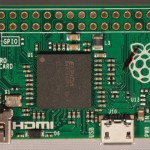 Tuesday, November 21, 2017
Tuesday, November 21, 2017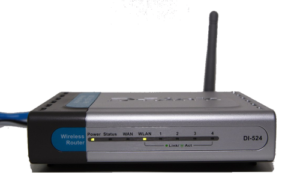 You have seen Craig carrying around routers, but he has never shown you what is inside. In this session, Craig will show you the Open Source alternative to Router Software, which supports over 1000 router models. There is a good chance your router is supported by OpenWrt/LEDE.
You have seen Craig carrying around routers, but he has never shown you what is inside. In this session, Craig will show you the Open Source alternative to Router Software, which supports over 1000 router models. There is a good chance your router is supported by OpenWrt/LEDE.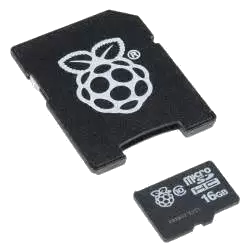
 A high-level Python Web framework that encourages rapid development and clean, pragmatic design, Django takes care of much of the hassle of Web development so you can focus on writing Web apps without needing to reinvent the wheel.
A high-level Python Web framework that encourages rapid development and clean, pragmatic design, Django takes care of much of the hassle of Web development so you can focus on writing Web apps without needing to reinvent the wheel.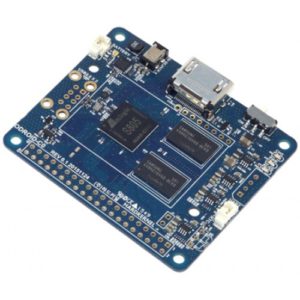 Introductiion to the ODROID, a ARM 64bit 1.5Ghz quad core single board computer!
Introductiion to the ODROID, a ARM 64bit 1.5Ghz quad core single board computer!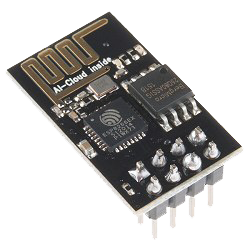 The Internet of things now can control things wirelessly. Control of things using inexpensive radio frequency switches (operating on 433 Mhz) and an ESP8266 micro controller.
The Internet of things now can control things wirelessly. Control of things using inexpensive radio frequency switches (operating on 433 Mhz) and an ESP8266 micro controller.
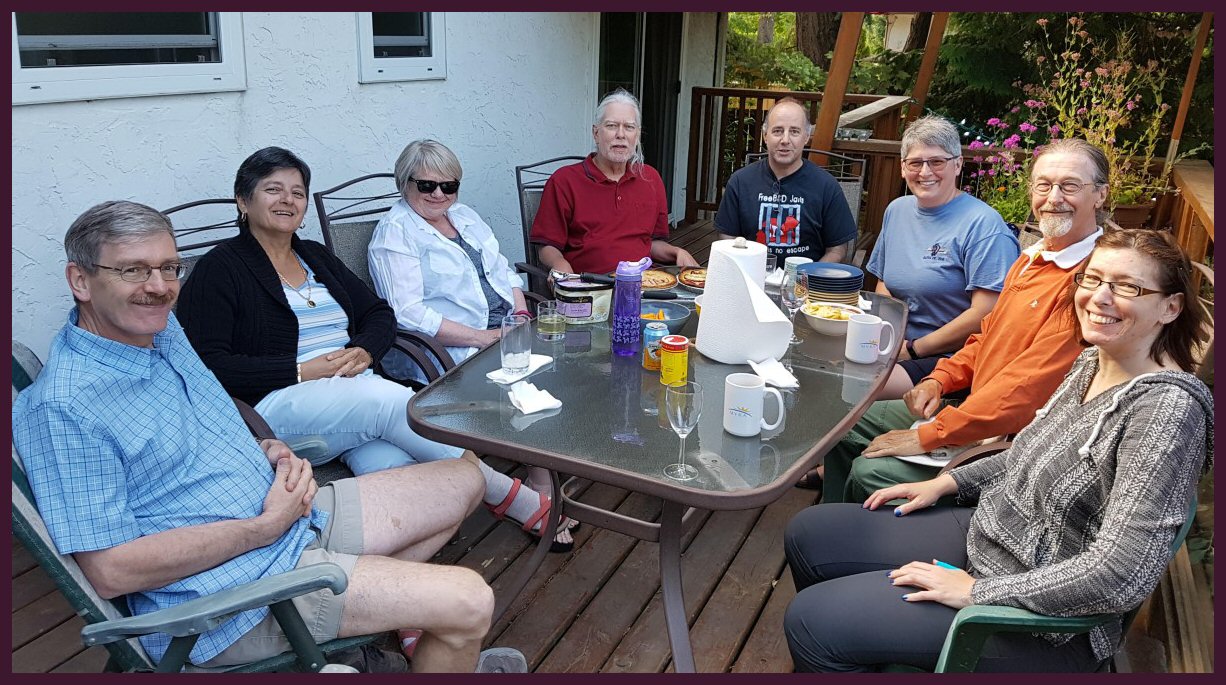
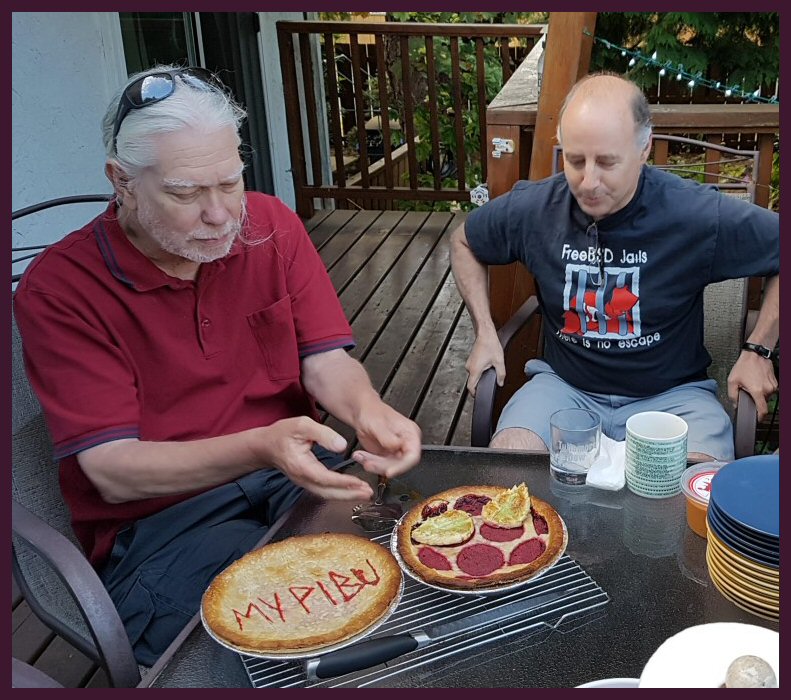
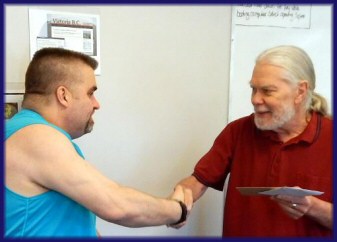
 Saturday, June 10, 2017
Saturday, June 10, 2017